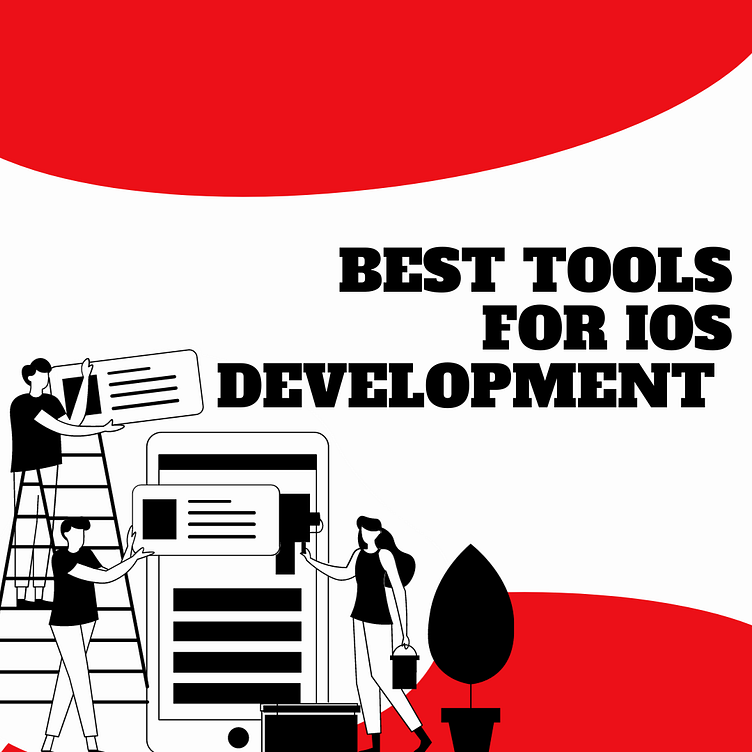Best Tools for iOS App Development in 2024
Xcode (Integrated Development Environment - IDE):
Description: Developed by Apple, Xcode is the official IDE for iOS app development.
Key Features:
Interface Builder for designing user interfaces.
Swift and Objective-C support.
Debugging tools and simulators.
App profiling and performance analysis.
Swift (Programming Language):
Description: Swift is Apple's programming language designed for iOS, macOS, watchOS, and tvOS development.
Key Features:
Modern syntax and performance.
Safety features to prevent bugs.
Interoperability with Objective-C.
Open-source and actively supported by Apple.
CocoaPods (Dependency Manager):
Description: CocoaPods simplifies the process of managing third-party libraries and dependencies in your iOS projects.
Key Features:
Easy integration of external libraries.
Version control for dependencies.
Streamlined updates and installations.
Firebase (Backend as a Service):
Description: Firebase, owned by Google, provides a comprehensive set of tools for backend development, authentication, real-time database, and more.
Key Features:
Real-time database.
Authentication services.
Cloud Functions for serverless backend.
AppCode (Alternative IDE):
Description: Developed by JetBrains, AppCode is an alternative IDE to Xcode with support for Swift, Objective-C, and other languages.
Key Features:
Code analysis and refactorings.
Swift and Objective-C support.
Integration with XCTest for testing.
Git (Version Control):
Description: Git is a distributed version control system that is essential for collaborative development and project management.
Key Features:
Branching and merging.
Version tracking and collaboration.
Integration with popular code hosting platforms (GitHub, Bitbucket).
TestFlight (Beta Testing):
Description: TestFlight is Apple's platform for beta testing iOS apps, allowing developers to distribute pre-release versions to testers.
Key Features:
Over-the-air app distribution.
Feedback collection from testers.
App analytics.
